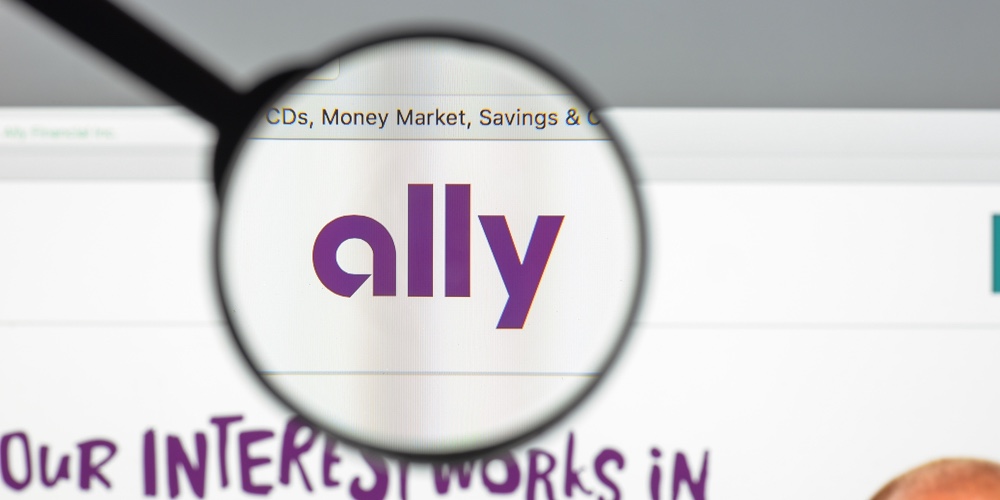Last week, on the heels of the viral spat between Elizabeth Warren and Jamie Dimon, Ally Bank (NYSE: ALLY) announced the elimination of overdraft fees on all accounts. Before the announcement, Ally charged a $25 non-sufficient funds (NSF) fee per instance (below the market average of $33.47). Banks and credit unions of all sizes gain significant non-interest income from NSF and other deposit account fees. Despite some major financial institutions shifting their overdraft policies, Financial Health Network research found that 95% of the $12.4 billion in overdraft fees in 2020 were assessed on those considered financially coping or vulnerable. “Nationwide, more than 80% of overdraft fees are paid by consumers living paycheck to paycheck or with consistently low balances — precisely the people who need help stabilizing their finances,” Ally Financial CEO Jeffrey Brown stated in the bank’s press release. Brown is correct; such fees consistently fall on consumers who are least likely to afford them.
So why the sudden change at Ally?
Ally will lose money by scraping NSF fees in the short-term. Roughly one out of every twelve Ally customers overdrew their account at some point, generating $5 million in overdraft fees last year. It is a large sum of money but it is a drop in the bucket compared to the billions earned by the big four banks. Ally will likely make up the profit loss through this move due to positive press and negligible impact on its stock price. Additionally, Ally is often cited as one of the top online banks offering high-yield deposit accounts and 24/7 customer support, so it is safe to assume they’ll continue to attract new customers.
Selling financial health
Ally Bank is not the first major bank to eliminate overdraft fees. Discover Bank (#30 by assets) has offered its online checking account, Cashback Debit, for years without insufficient funds or other deposit account fees. Others (name your favorite neobank) offer no-fee accounts chock full of next-gen features. Ally, Discover, and others understand that such “gotcha” fees mostly hinder consumers’ likelihood to become financially healthy. By providing greater fee transparency, transaction certainty, and access to funds, consumers can structure daily financial systems that work best for them, build resiliency, and pursue their long-term goals. We call that financial health.
The business case for improving people’s financial health is clear: the healthier the member, the more deposits they hold, the more products they adopt, and the more loyal they become. This exact model can be implemented at credit unions, likely with less pressure to show bottom-line results than many publicly traded companies.
Advantage: Credit Unions
The pandemic has prompted millions of people to re-evaluate their banking relationships. Credit unions need to evaluate what they stand for and respond to lasting changes in channel and product preferences. Consider this:
Your members buy your credit union because…
…it offers the best rates in town?
…its service cannot be beat?
That may be true, but people’s needs and perceptions of their financial partners have changed drastically, and it has forced credit union professionals across the country to revisit their value proposition. See if this rolls off the tongue:
Your members buy your credit union because…
…it helps them improve their financial health.
Our research shows that over 80% of people expect their financial institutions to help them improve their financial health, yet only 14% “agree strongly” that this happens. Delivering on financial health is key to long-term and sustainable member relationships. When people strongly agree you’re looking out for their financial well-being, 84% are fully engaged. Your current and future members are seeking your help to improve their financial health.
Designing your financial health business
Members want more than just the elimination of overdraft fees. Promoting financial health and well-being for all requires a holistic approach to address member challenges. Starting with an assessment of the specific pain points facing members, credit unions can customize the financial health journey in a way banks cannot. The Financial Health Network makes this process easier for you through Attune, which can help credit unions gather actionable financial health insights about how their members are spending, saving, borrowing, and planning. This platform was leveraged to peak into credit unions financial health performance related to peer groups late last year and continues to be introduced at credit unions across the country.
Instead of looking at the recent Ally news and wondering if this is the first domino to fall, credit unions should ensure they have the tools and information to do what they do best: improve people’s financial health.







